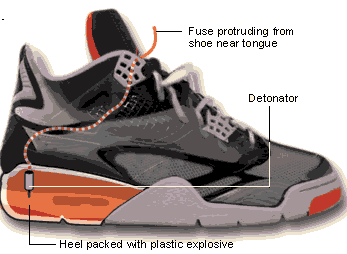An Austrian man has voluntarily had his hand amputated so he can be fitted with a bionic limb. The patient, called “Milo”, aged 26, lost the use of his right hand in a motorcycle accident a decade ago. After his stump heals in several weeks’ time, he will be fitted with a bionic hand which will be controlled by nerve signals in his own arm.
The surgery is the second such elective amputation to be performed by Viennese surgeon Professor Oskar Aszmann. The patient, a Serbian national who has lived in Austria since childhood, suffered injuries to a leg and shoulder when he skidded off his motorcycle and smashed into a lamppost in 2001 while on holiday in Serbia.
While the leg healed, what is called a “brachial plexus” injury to his right shoulder left his right arm paralysed. Nerve tissue transplanted from his leg by Professor Aszmann restored movement to his arm but not to his hand. A further operation involving the transplantation of muscle and nerve tissue into his forearm also failed to restore movement to the hand, but it did at least boost the electric signals being delivered from his brain to his forearm, signals that could be used to drive a bionic hand.
Such bionic hands, manufactured by the German prosthetics company Otto Bock, can pinch and grasp in response to signals from the brain that are picked up by two sensors placed over the skin above nerves in the forearm. In effect, the patient controls the hand using the same brain signals that would have once powered similar movements in the real hand. The wrist of the prosthesis can be rotated manually using the patient’s other functioning hand (if the patient has one).
 Google Inc will launch a mobile payment system on Thursday, in the latest bid to help consumers pay at the checkout with smartphones instead of traditional credit cards, a person familiar with the matter said. Google will work with MasterCard Inc, the world’s second-largest credit and debit card processing network, to launch the system, the source said.
Google Inc will launch a mobile payment system on Thursday, in the latest bid to help consumers pay at the checkout with smartphones instead of traditional credit cards, a person familiar with the matter said. Google will work with MasterCard Inc, the world’s second-largest credit and debit card processing network, to launch the system, the source said.



